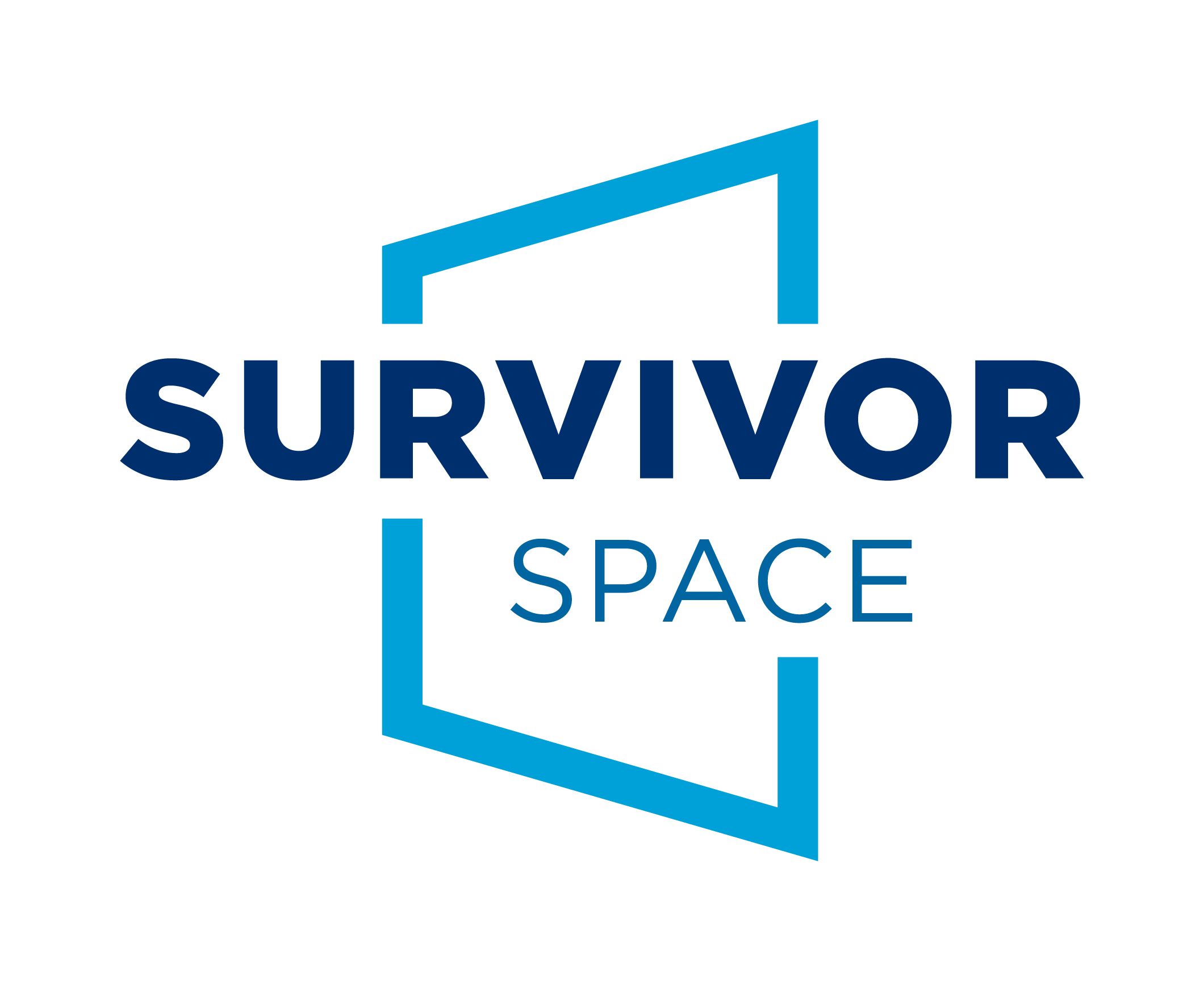Survivors’ Long-Term Effects of Inflammation due to Negative Self-Talk

"Your thoughts are not your friends."
This narrative is a personal journey in contemplating how my thoughts during and after traumatic experiences have affected my health and how I am finding a solution for Survivors' Long-Term Effects of Inflammation due to Negative Self-Talk. Research has shown that negative self-talk causes inflammation, attacks the immune system, causes pain and discomfort, and possibly leads to disease(s) and death. I have discovered that easing or relieving the inflammation in my body has given me more energy and strength to examine the negative self-talk that I have consciously and subconsciously been saying to myself for most of my life.
I have spent many years reading and listening to self-help gurus and applying their techniques. Sometimes the tools helped a little, but I inevitably returned to the state I was in when I started. I became frustrated and confused why the methods were not long-lasting. I accepted the ideology that my desire to change or my reason for switching needed to be stronger. No matter how much I wanted to make the changes, I seemed unable to "just get over it." And then one day, I asked myself, Am I doomed to this way of life forever?
Studies have shown that survivors are more susceptible to depression, anxiety, stress, etc., which are symptoms associated with the traumatic event(s). Bremner states, "Stress results in acute and chronic changes in neurochemical systems and specific brain regions, which result in long-term changes in brain 'circuits' involved in the stress response." Now that I realized that my mind had reconfigured itself to survive, I began researching if sexually abused survivors' brains rewired themselves during and after the abusive event as a survival method. I began to recognize that my way of dealing with a situation seemed to take longer than someone that was not abused. I would eventually get to the same solution, but I went through steps A, D, F, B, E, and C instead of steps A, B, and C.

I started contemplating how my thoughts affected my health and became concerned about finding a solution for Survivors' Long-Term Effects of Inflammation due to Negative Self-Talk. I have been thinking and wanting to understand how the negative self-talk I developed during and after my traumatic events can cause inflammation, attack the immune system, cause pain and discomfort, possibly lead to disease(s), and ultimately death. O’Brien states, “Emerging evidence suggests that negative self-talk plays a role in turning on genes that are involved in inflammation and turning off genes that fight viruses.”
Dr. Jim Hopper's research, "The Brain Under (Sexual) Attack," addresses how survivors' brains are affected by sexual assault (and military combat and any major attack or stress). He states, "Stress and trauma can rapidly and massively alter brain functioning, for example, impairing rational brain regions, leaving only the reflexes and habits," and "altering the way memories are encoded and stored." Since survivors constantly perform and adjust at an elevated level of psychological exertion, we seem more susceptible to negative influences than non-survivors. A survivor's brain may take longer to arrive at a simple directive than non-survivors.

Photo by Varun Gaba on Unsplash
Photo by Varun Gaba on Unsplash
Every person is groomed (conditioned) from birth by the influences of parents, friends, churches, schools, doctors, social economics, ethnic background, and society. This initial influence of messaging is the basis of our development. Over 60,000 thoughts speed through our minds daily, and 77% have a negative quality (Helmstetter). I discovered that after my traumatic events, I began a silent campaign to try and understand why the experience took place. Through reflection, I have created scenarios and negative thoughts that helped me survive during and after these events. The more events, the easier it was to repeatedly riddle my brain with self-doubt and unworthy mantras that became false truths in my mind. This type of thinking can become addictive and difficult to change. Dr. Shad Helstetter's theory supports that our brains are like computers and do not discriminate on what information we program, and will act on the programming as if it is the truth—no matter what, “the strongest program always wins.”
Dr. Patricia Resick shared on Open Stance (a podcast hosted by former professional tennis player Tracey Hiete Smith) that traumatic events are like campfires in our minds, and we are constantly adding "thought logs" to keep the fire ablaze. I recognize that these negative "thought logs" (which I created myself) remain my truth for my lifetime, causing me to create a false self and riddle my body with inflammation. How do we stop "thought logs" so the campfire burns itself to ash?
Christopher Bergland, an ultra-endurance athlete and long-distance runner, states, "...it became clear what negative moods create physiological changes in my body, which cause me to run slower." After my abuse started, I struggled to find the motivation to go to practice, let alone compete. I felt I was on display for everyone to judge and discriminate against me, so I berated myself with consistent negative self-talk. Could survivors be causing self-harm and re-self-victimization by repeating negative thoughts and self-talk? Research implies that we can change this downward spiral and develop healthier bodies and minds.

Photo by Bruno Nascimento on Unsplash
Photo by Bruno Nascimento on Unsplash
I have recently discovered that I have more energy and strength to create positive self-talk by easing inflammation. But when I am not feeling well, I am not interested in anything positive. This mood would compound the circular negativity and even create new negative thoughts.
I did research and found a way to ease the effects of inflammation. Once I was diagnosed with Crohn's Disease, a friend told me about Arbonne's natural plant-based program entitled 30 Days to Healthy Living. This program changed my life by reducing and managing inflammation. Combining daily exercising and eating healthier has assisted in moving my body from an acidic into a more alkaline state, which provides me with more energy to address my negative self-talk.
I found that traditional therapy was not necessarily for me. First, one of my abusers was a therapist. My uncomfortableness, embarrassment, and shame from walking into a therapist's office constantly impeded my progress. Some earlier therapists unknowingly revictimized me, and I stopped attending sessions. Later, I realized that if I did and said exactly what the therapist asked, I would earn their praise and acknowledgment for working hard—yet I never felt that we ever scratched the surface of the abuse—and the sessions would be over.
A high school friend of mine shared Dr. Shad Helmstetter's book, What to Say When You Talk to Your Self. What impressed me the most was that I did not have to return to the traumatic events and relive them like during my other therapy sessions. I could start from where I was and change the negative Self-Talk by restoring control. I discovered I could erase the old negative programs by rewiring them through listening to new positive programs and setting active goals.
These simple but effective processes have changed my life so much that I became a certified Trainer and Life Coach for the Self-Talk Institute so I can share my story and help other survivors find their authentic selves again and change their lives.
Self-Talk Institute Store:
http://selftalkstore.com/?ref=214
Self-Talk Plus+ App: https://www.selftalkplus.com?utm_refer=Jmla
Arbonne: www.johnlander.arbonne.com
Resources
Christopher Bergland, "Negative Moods My Trigger Inflammation," Psychology Today, https://www.psychologytoday.com/us/blog/the-athletes-way/201812/negative-moods-may-trigger-inflammation
Negative Moods May Trigger Inflammation | Psychology Today
Bremner, J. D. (2006). Traumatic stress: effects on the brain. Dialogues in clinical neuroscience, 8(4), 445–461. https://doi.org/10.31887/DCNS.2006.8.4/jbremner
Traumatic stress: effects on the brain (nih.gov)
Dr. Jim Hopper Post 1 - The Brain Under (Sexual) Attack - Intro to Sexual Assault and the Brain blog (jimhopper.com)
Helmstetter, Shad PhD. (2017) What to Say When You Talk To Yourself. Gallery Books.
Hunter, C. (2012). Use It: Turn Setbacks into Success. Venator. Gallery Books.
O’Brien, P. (2021). “Your Negative Self-Talk Could Be Harming Your Heath-Here’s How To Stop,” Shape, https://www.shape.com/lifestyle/mind-and-body/negative-self-talk-health-impact
Open Stance, Tracey Heite Smith's Podcast: Highlight audio clip with Dr. Patricia Resick, PH.D.,ABPP https://player.whooshkaa.com/episodes/923006/highlights/4260


About the Author:
John-Michael Lander is a Survivor, Advocate & Public Speaker
He is also the founder of An Athlete's Silence: www.anathletessilence.com

Published by SurvivorSpace, an initiative of Zero Abuse Project
